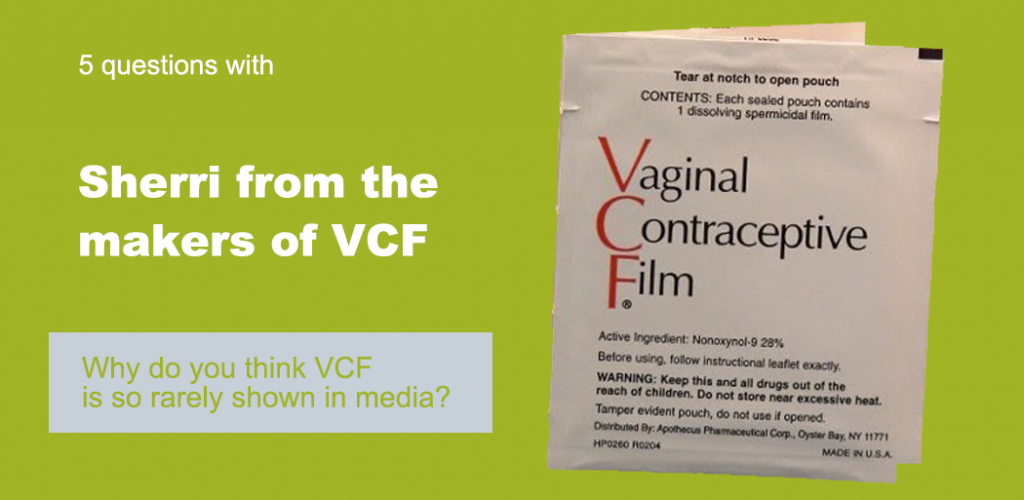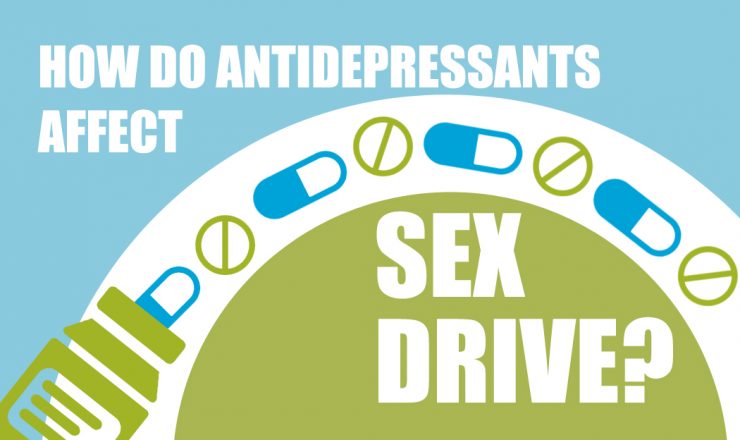

Vaginal Contraceptive Films (VCF) is one of many great non-hormonal birth control options. We have a great info page on VCF (link), but the quick version on it is that it’s a small square of clear film that is placed in your vagina*. Once inside your vagina, VCF turns into a gel. The gel contains a spermicide called nonoxynol-9. Spermicide is a chemical that kills sperm when it comes in contact with it. Simple, right?
Last month we got in touch with Sherri (Vice President, Director of Family Planning) from Apothecus Pharmaceutical Corp and they were kind enough to answer some of our questions about VCF! Apothecus Pharmaceutical Corp. is the company that makes Vaginal Contraceptive Film. Read on!
VCF received its first patent in Poland in 1972.
The most common misconception is that VCF has a low rate of efficacy. We have done numerous clinical studies to prove that not only is VCF effective for up to 3 hours, it has an efficacy rate of 94-96%, used correctly. However, unfortunately VCF is sometimes grouped with other spermicides that have a lower rate, despite us having proved otherwise.
It is extremely difficult to get any [over-the-counter vaginal] contraceptive approved for advertising on the major networks. Only [The Birth Control Pill is] approved. We have run advertising on cable networks, which has worked quite well in the past, but can be extremely costly. We have found that sampling the thousands of doctors and health clinics who recommend VCF has been very effective, as well as just word of mouth.
There will be no changes anytime soon to VCF. It can only be used one way, and manufactured one way.
This is difficult to answer at this point – I would think a year or two from now would provide more of a chance for projection. Simply not enough consumer feedback yet on these types of products.
And for more info and answers to any questions you have about VCF, you can always also visit the manufacturers website: www.vcfcontraceptive.com.
If you have questions about this topic, feel free to contact one of our peer educators. [Link]
Last Updated: August 2021
*We know that these aren’t the words everyone uses for their bodies (eg. trans folks), and support you using the language that feels best for you.

Check out the latest sexual health resource from PPT’s Supporting Newcomer Access Project! It’s full of recipes, horoscopes and activities on topics likes relationships, pleasure, consent, and more!

This article talks about medical racism, what it means, how it shows up in Canadian healthcare, and what can be done about it!

Antidepressants are commonly prescribed as a way to treat mental health conditions, but how do we navigate the ways they might interact with our bodies or our sex drives?